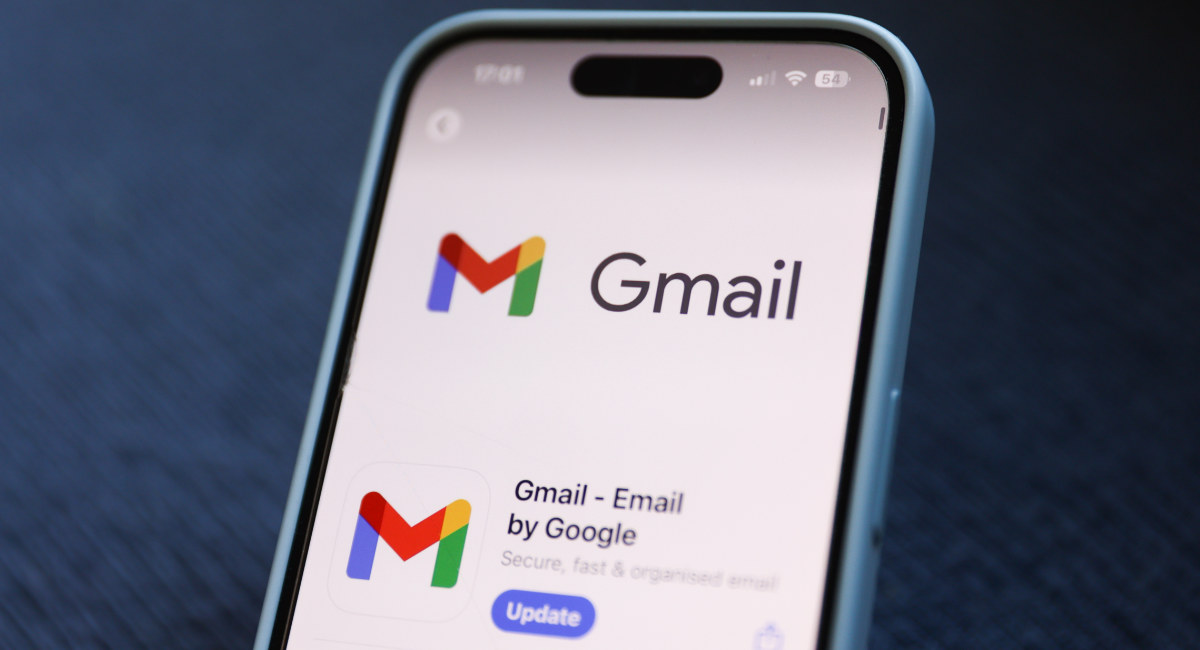The Thomas More Society is defending a pro-life Florida woman who is suing Google for deplatforming her without explanation and keeping her data.
The attorney group is representing 76-year-old Trudy Perez-Poveda in her lawsuit against Google in a trial court in Jacksonville, Florida. Perez-Poveda argues that without explanation, Google deplatformed her an hour after she emailed members of her pro-life group in September to join her for a peaceful Catholic Mass and prayer gathering in front of A Woman’s Choice, an abortion business in Jacksonville. Google then refused to allow her access to more than 11 years of her stored emails, photographs, calendars, contacts, and other data.
According to the legal group, this lawsuit appears to be the first of its kind in seeking to enforce portions of Florida’s anti-censorship law since it was challenged at the U.S. Supreme Court in Moody v. Net Choice. That law prohibits large social media companies from censoring or deplatforming private users without immediately and thoroughly explaining why.
Perez-Poveda has been in the news before for her pro-life efforts, and was once shoved to the ground by a 19-year-old patient of A Woman’s Choice after allegedly taking photos of cars coming to the facility. The teen was charged with battery on a person over 65.
READ: Florida sidewalk counselors once again allowed near Jacksonville abortion business
“People ask me what it felt like when Google abruptly shut me down. My reply is, ‘It felt like coming home to a house, which took me twelve years to furnish with family mementos and treasures, and find it completely empty without even a note explaining why,'” said Perez-Poveda, who volunteers with Family for Life, a pro-life group described as a group of “persons who pray, counsel and sometimes hold Catholic Mass and Eucharistic processions near abortion clinics.”
She demanded an explanation from Google, and a representative told her that her account was permanently disabled for violating the company’s acceptable use policy. However, as seen in court documentation, Google refused to state which acceptable use policies she had violated, stating only, “Due to security reasons we are unable to share the exact policy which was violated.” Then the Thomas More Society, a national public interest law firm, issued a legal demand for information from Google on Perez-Poveda’s behalf, but Google allegedly failed to respond.
“There is an ominous growth of censorship in this country,” said Thomas More Society Senior Counsel Matt Heffron. “Large social-media companies act as a ‘digital public square,’ and play a central role in the debate of ideas. Our case, Trudy v. Google, is part of the urgent and overdue pushback against this rising tide of censorship. Nobody should be treated the way Google treated Trudy Perez. She is a delightful person: humorous, warm, peaceful, prayerful, and absolutely persistent. Thomas More Society is proud to be fighting for her.”







